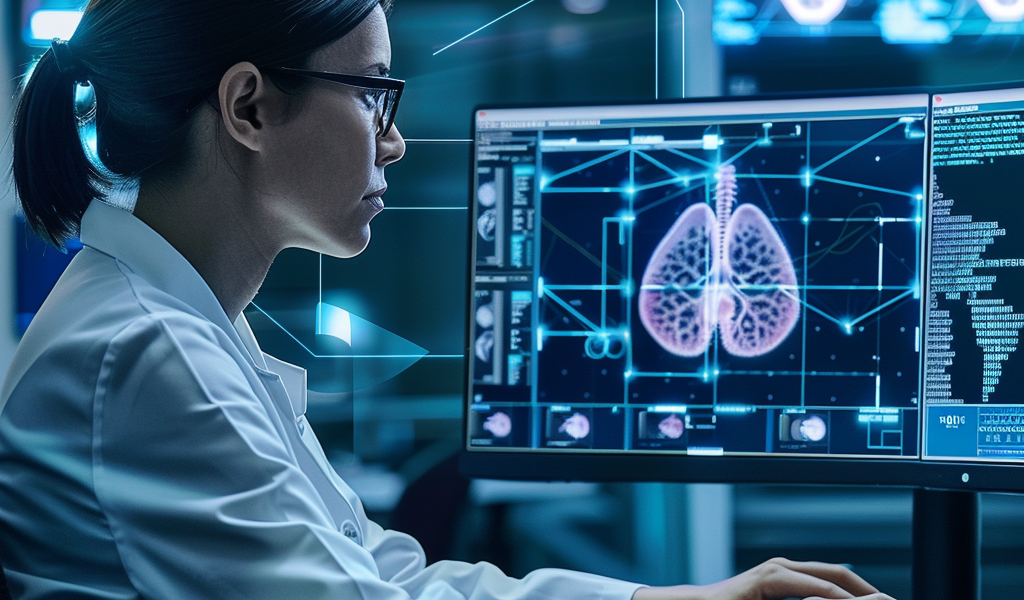Artificial intelligence (AI) is making significant strides in transforming breast cancer detection through mammography, as highlighted in a recent study published in the journal Radiology. The research underscores AI’s potential in improving the accuracy of mammography interpretations while mitigating concerns related to false positives.
The groundbreaking study, spearheaded by Dr. Andreas Lauritzen and his team at Gentofte Hospital in Denmark, showcases the substantial enhancements in screening precision and efficiency when AI is integrated into mammography analysis.
Traditionally, mammography screening has played a crucial role in lowering breast cancer mortality rates but has grappled with challenges such as high radiologist workloads and false-positive results. AI emerges as a transformative solution in this context.
Researchers at the University of Copenhagen conducted the study, analyzing over 58,000 mammograms of Danish women aged 50 to 69. The results demonstrate that AI-supported mammography not only identified more breast cancers compared to conventional methods but also exhibited a significantly lower false-positive rate. This reduction in false alarms translates to a substantial decrease in unnecessary follow-up screenings, alleviating patient anxiety and reducing medical costs.
One of the key benefits of AI integration in breast cancer screening is the notable reduction in radiologist workload. The study reports a remarkable 33.4% decrease in reading workload with AI implementation, alongside a 20.5% drop in patient recall rates.
Dr. Andreas Lauritzen, the lead author of the study, emphasized the impact of AI on radiologist workload, stating, ‘Population-based screening with mammography reduces breast cancer mortality, but it places a substantial workload on radiologists who must read a large number of mammograms, the majority of which don’t warrant a recall of the patient.’
In conclusion, the study underscores the transformative potential of AI in enhancing breast cancer detection through mammography, offering improved accuracy, reduced false positives, and alleviating the burden on radiologists, ultimately benefiting patients and healthcare systems.





